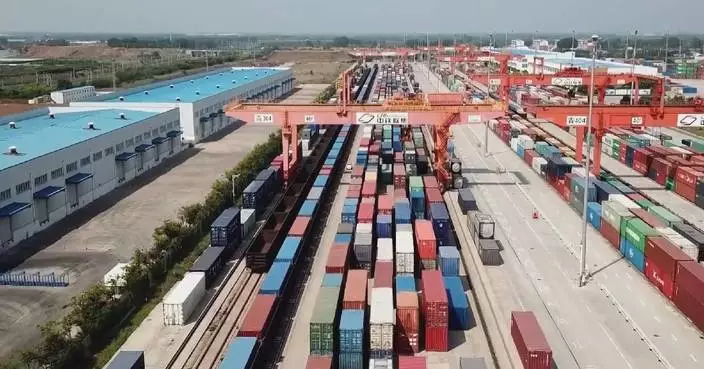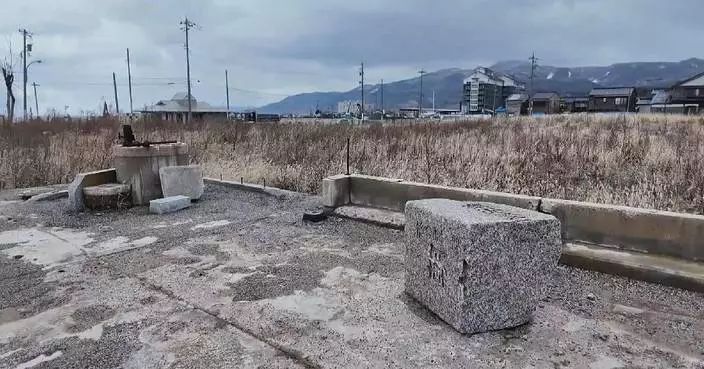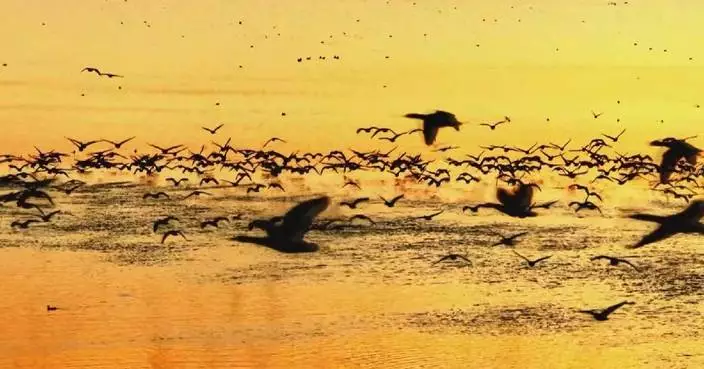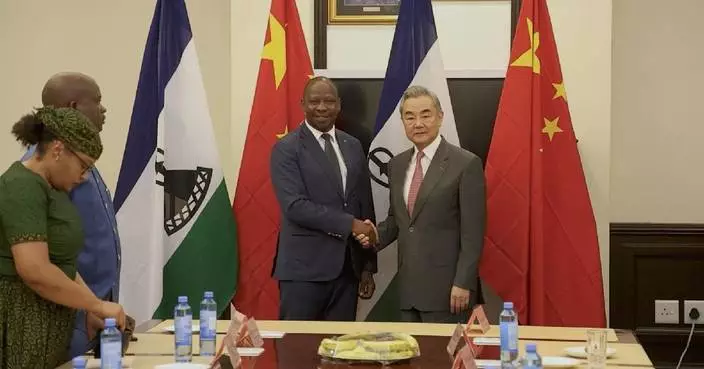Chinese Foreign Minister Wang Yi met Foreign Minister of the Democratic Republic of the Congo (DRC) Therese Kayikwamba Wagner in Changsha, the capital city of central China's Hunan Province, on Wednesday.
Wang, also a member of the Political Bureau of the Communist Party of China Central Committee, said both sides should implement the consensus reached by the two heads of state, and deepen mutually beneficial cooperation.
He said that China is willing to help the DRC in transforming its resource advantages into development advantages, and China's super-large market will always be open to the DRC.
Wagner said that the DRC firmly adheres to the one-China principle and is willing to deepen mutually beneficial and win-win cooperation with China, adding that the DRC actively supports the Belt and Road Initiative and other global initiatives proposed by China.
Wagner came to China for the Ministerial Meeting of Coordinators on the Implementation of the Follow-up Actions of the Forum on China-Africa Cooperation.
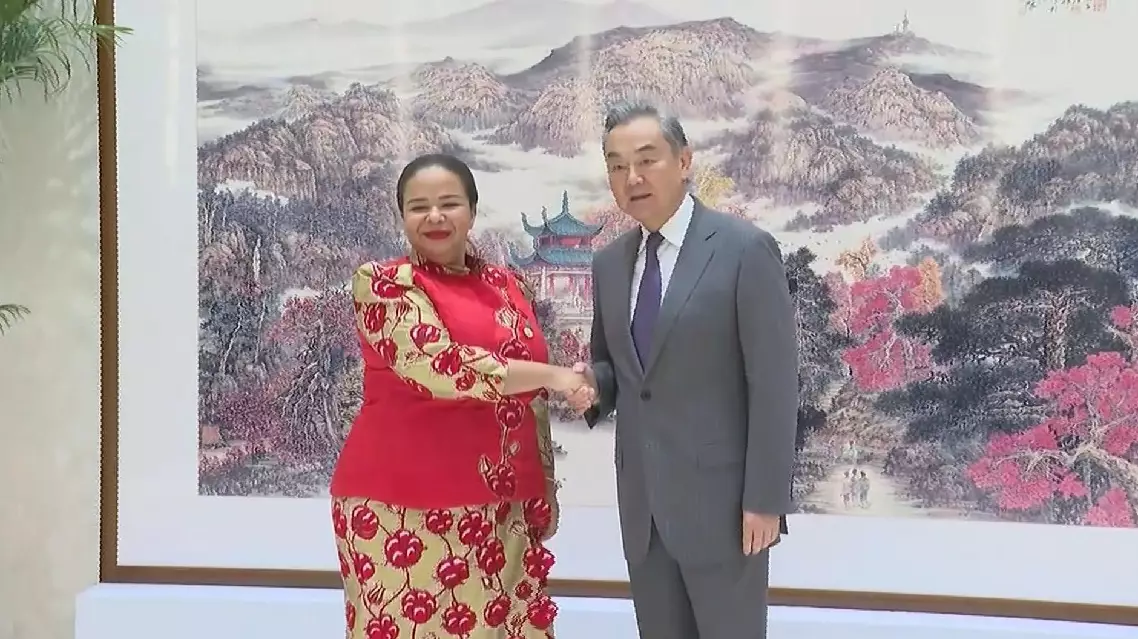
Chinese FM meets DR Congo counterpart in Changsha
Iranian Parliament Speaker Mohammad Baqer Qalibaf warned on Sunday that Tehran would view the United States and Israel's military bases and facilities in the Middle East as "legitimate targets" should Washington take military action against Iran.
At a parliamentary session convened to review an emergency proposal on assembly regulations, Qalibaf emphasized that, at this highly sensitive juncture, Iran must accurately and thoroughly identify the schemes of its adversaries.
Qalibaf said that Iran is currently confronting Israel and the United States simultaneously on four fronts: economic, cognitive, military, and counterterrorism. Of them, the economic warfare and the cognitive and psychological warfare began many years ago and have persisted to this day, growing increasingly complex and intense in recent years.
The remarks came as U.S. President Donald Trump is reportedly "seriously considering authorizing a strike" against Iran, taking advantage of its nationwide unrest.
Protests have erupted in several Iranian cities since late December over the sharp fall of the rial and long-standing economic hardship. Iranian authorities have acknowledged the demonstrations and voiced willingness to address economic grievances, while warning against violence and vandalism.
Amid the ongoing protests, deadly clashes have been reported lately between police and what the government described as "rioters." However, no official death toll has been released.
Also on Sunday, Iran's semi-official Tasnim news agency reported that Iranian President Masoud Pezeshkian will address the country's economic situation and political environment in a televised interview later that day.
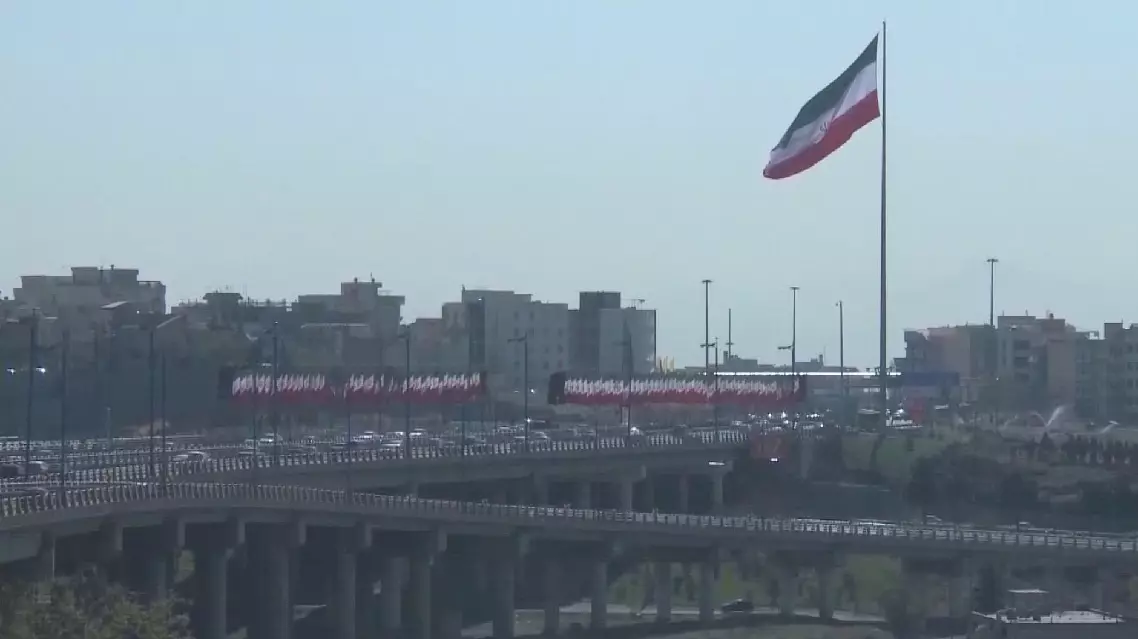
Iran swears to counterattack if attacked






